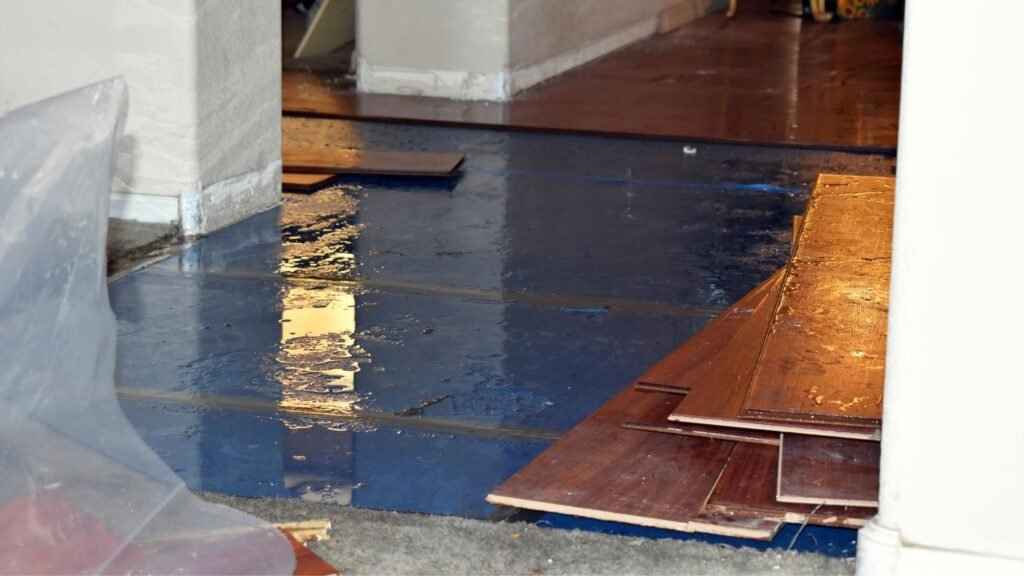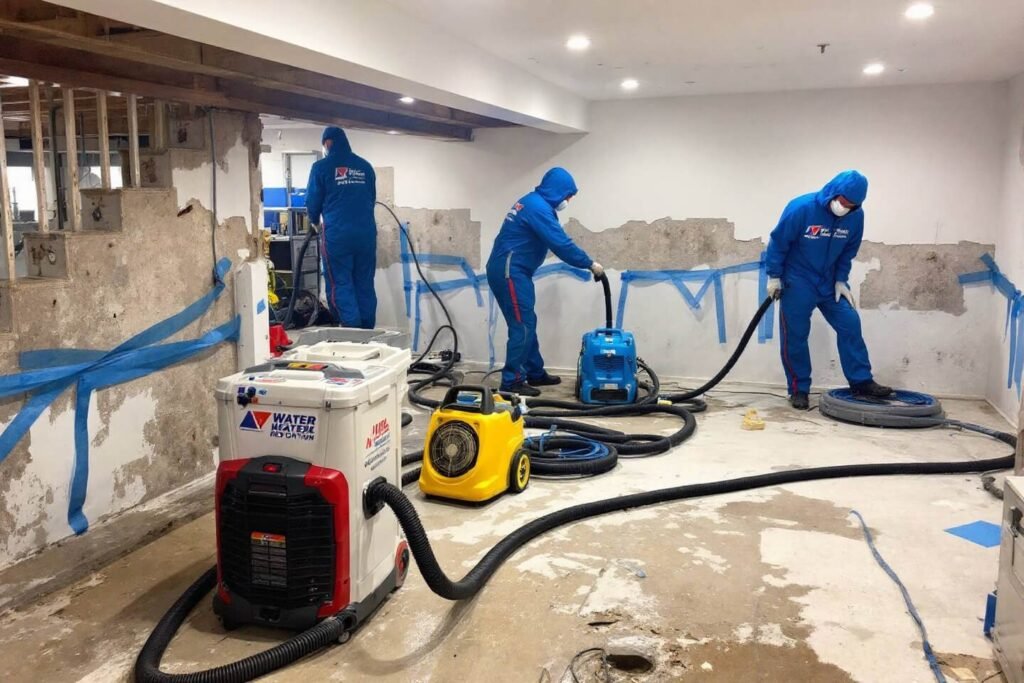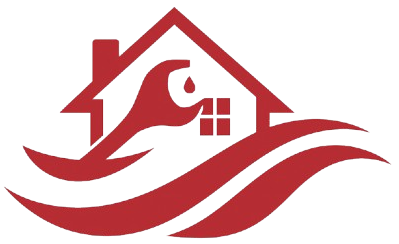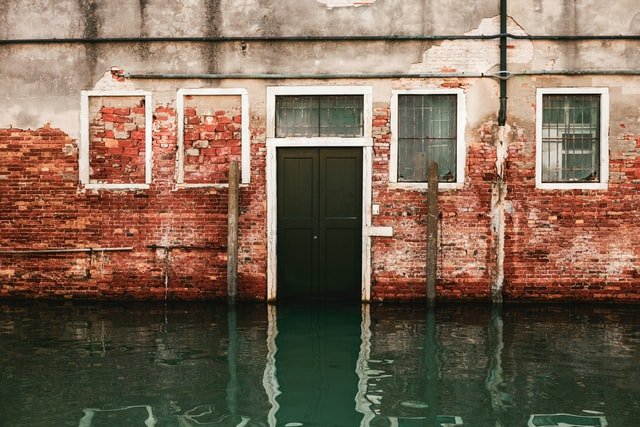Let’s face it, water damage is a nightmare. Whether it’s from a busted pipe, storm flooding, or an overflowing washing machine, dealing with water in your home can be stressful and confusing.
And if you’ve started researching solutions, you’ve probably come across two important terms: water remediation and water restoration.
While they might sound like the same thing, they’re actually quite different and knowing the difference can save you time, money, and a whole lot of headaches.
Let’s break it all down in simple terms.
Understanding Water Remediation

What Is Water Remediation?
Water remediation is the first step after water damage occurs. It’s all about removing the water, drying everything out, and stopping further damage from spreading.
You can think of it as “stabilizing” your home or business. Remediation doesn’t involve rebuilding walls or replacing floors, it focuses on getting everything clean, dry, and safe.
Steps in the Water Remediation Process
- Inspection & Damage Assessment – Pros check the extent of the water damage.
- Water Extraction – Pumps and vacuums are used to remove standing water.
- Drying & Dehumidification – Industrial fans and dehumidifiers dry out the area.
- Cleaning & Sanitizing – Surfaces are cleaned and treated to prevent bacteria and mold.
- Mold Prevention – Anti-microbial agents are applied to stop mold before it starts.
When Do You Need Water Remediation?
You’ll need water remediation services when you’re dealing with:
- Flooding from storms or heavy rain
- Leaking or burst pipes
- Sewage backups
- Overflowing appliances
If water is sitting anywhere in your home or if things feel damp or smell musty, remediation is your first move.
Understanding Water Restoration
What Is Water Restoration?
Water restoration comes after remediation. Once the water is gone and the area is clean and dry, restoration focuses on repairing and rebuilding what was damaged.
This includes fixing or replacing things like walls, flooring, ceilings, and cabinets. It’s all about bringing your property back to its pre-damage condition or sometimes even better.
Common Water Restoration Tasks
- Repairing damaged drywall and insulation
- Replacing warped hardwood or soaked carpet
- Painting and refinishing surfaces
- Rebuilding cabinetry or structural supports
- Final cleaning and inspection for safety
When Do You Need Water Restoration?
Restoration is needed if the water damage was extensive enough to cause structural or cosmetic damage. If your drywall is bubbling, your floors are warped, or your ceiling is sagging, it’s time to restore.
Key Differences Between Remediation and Restoration
Purpose and Goals
- Water Remediation = Stop the problem and make the area safe
- Water Restoration = Repair the damage and return everything to normal
Timing and Process
- Remediation happens first, usually within hours of the damage.
- Restoration comes after everything is dry and clean.
Professionals and Equipment Involved
- Remediation teams use extraction tools, drying fans, and disinfectants.
- Restoration crews bring in contractors, carpenters, and painters to rebuild.
How the Two Services Work Together
Water remediation and restoration are like two chapters in the same story. You can’t restore what hasn’t been remediated.
Here’s how it usually goes:
- Remediation: Dry out the property, remove contamination, stop mold.
- Restoration: Repair structural damage, replace materials, and make it livable again.
Many companies like Atlanta Restoration Company offer both services so you don’t have to coordinate between different teams.
Why Speed Matters in Water Damage Situations
Water damage is one of those problems that gets worse the longer you wait. Within hours, you might see:
- Swollen drywall and peeling paint
- Mold growth in dark, damp spaces
- Warped wood flooring
- Electrical risks from water exposure
Especially in a humid place like Atlanta, moisture sticks around. That’s why immediate remediation is crucial.
Water Damage in Atlanta: Local Causes and Challenges
Flooding and Storm Damage
Atlanta gets its fair share of heavy rains and thunderstorms, and flash floods can happen quickly. Homes in flood-prone areas are especially vulnerable.
Plumbing Failures and Aging Infrastructure
Many homes in the Atlanta metro area have older plumbing systems, which means a higher risk of leaks or pipe bursts.
Humidity and Mold Growth
Atlanta’s climate is humid most of the year. That moisture in the air can quickly turn a minor leak into a mold problem if not addressed right away.
Choosing the Right Service for Your Home or Business
What To Look For in a Water Damage Company
- Licensed and insured technicians
- 24/7 emergency response
- Experience with both remediation and restoration
- Local reputation and reviews
- Transparent pricing and insurance support
Benefits of Hiring a One-Stop Service Provider
Choosing a company that offers both services means:
- Less stress coordinating multiple contractors
- A smoother process from start to finish
- More efficient insurance claims
- Faster results
That’s why many Atlanta homeowners turn to Atlanta Restoration Company. They handle everything, start to finish.
Why Atlanta Restoration Company is the Right Choice

Local Expertise
We’re not some national chain. We’re based right here in Atlanta, and we understand the specific challenges homes and businesses face in this climate.
Full-Service Solutions
From emergency water extraction to complete home restoration, we do it all. No need to juggle multiple companies, we’ve got you covered.
24/7 Emergency Support
Water damage doesn’t wait, and neither do we. Call us any time, day or night, and we’ll be there fast to help protect your property.
Ready to get started? Visit us at
👉 restorationcompanyatlanta.com
Conclusion
So what’s the bottom line?
- Water remediation is about removing water and preventing more damage.
- Water restoration is about repairing what was damaged and rebuilding your space.
If you’re dealing with water damage in your home or business, both steps are crucial. Acting quickly, hiring experienced professionals, and choosing a company that offers end-to-end service can make all the difference.
Don’t wait for mold to move in or your drywall to collapse. Call Atlanta Restoration Company. We’re here to help you get back to dry land.
FAQs
1. What’s the main difference between water remediation and restoration?
Remediation focuses on removing water and drying out the space, while restoration involves repairing and rebuilding the damaged areas.
2. Can water remediation prevent mold?
Yes, if done quickly and thoroughly. Drying and applying anti-microbial treatments are key steps in stopping mold before it starts.
3. How long does the full process take?
Remediation usually takes 1 to 3 days, while restoration can take anywhere from a few days to several weeks, depending on the extent of the damage.
4. Is this covered by my homeowners insurance?
Most policies cover sudden and accidental water damage, but you’ll need to check your individual policy for details. Atlanta Restoration Company can assist with insurance claims.
5. Should I call a plumber or a restoration company first?
If there’s active leaking, call a plumber first. If the leak has stopped and you’re dealing with water damage, call a restoration company immediately.

